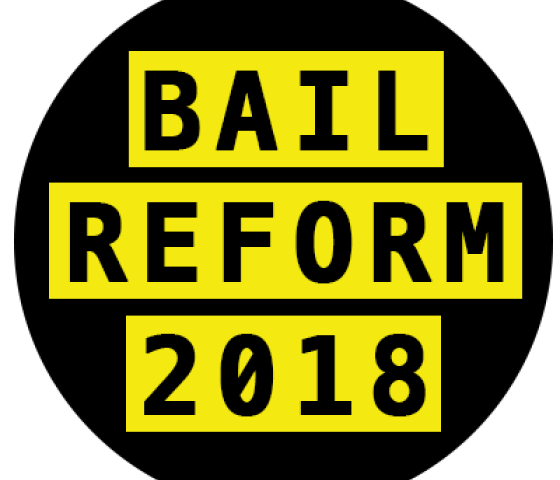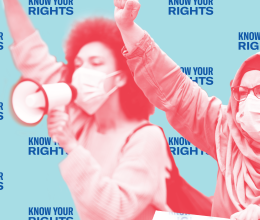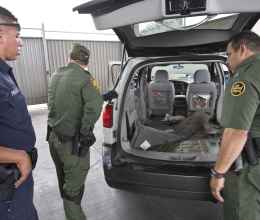Many of us have been overwhelmed with emotion as we respond to the pictures and sounds of the separated — and sometimes caged — children, sobbing to be reunited with their parents. As experts tell us more about the damaging long-term effects of this kind of family separation, our horror only increases. For some, it’s just too painful to watch and listen.
Yet I am grateful that these upsetting sounds and images were made public. This separation policy had already been in effect for weeks. In fact, the ACLU filed a lawsuit to reunite an asylum-seeking mother with her 7-year-old daughter back in February (and recently won). Without strong media coverage, many of us would have been unaware of these families being separated in our name and on our tax dollar.
But the policy of separating families has gone on — and continues — on a far, far grander scale than anything we have recently seen at the border. I refer to the family separation that occurs — day in and day out, year after year — as the result of mass incarceration.
"Oh, but that's different!" you might be saying. "You're talking about people who have committed major crimes!"
The facts are that nearly two-thirds of people held in our nation's jails are unconvicted. Far too many people wait — sometimes for months, or even years — for trial because they are too poor to afford bail. Many women are jailed for failing to meet the conditions of their probation or parole (having missed an appointment, for example, or failed to complete a series of classes), and many others are serving short sentences of a year or less, overwhelmingly for nonviolent (drug-related, property or public order) offenses.
Where am I going with this?
Almost 80 percent of the women in US jails are mothers — 79 percent of them mothers of young children, and 5 percent of them pregnant upon jail entry. These women are, by and large, single parents and, like our sisters at the border, are mostly women of color with trauma histories. Studies have shown that jailed women face enormous obstacles receiving visits from and maintaining quality contact with their children. Without family support, they are likely to see their children enter the foster care system, and, when compared to unincarcerated women, are much less likely to ever regain custody of them. Just as at the border, the separation of families results in great suffering, and causes lasting harm, not just for the families in question, but truly for all of us.
Jails and prisons are closed systems, and so much of the suffering that goes on inside them is out of sight and out of mind for most of us. Now that the media has provided us with the opportunity to see and experience the horror of family separation at the border, let us keep our hearts and minds open to rethinking all policies that promote family separation and long-term harm — wherever these occur.






